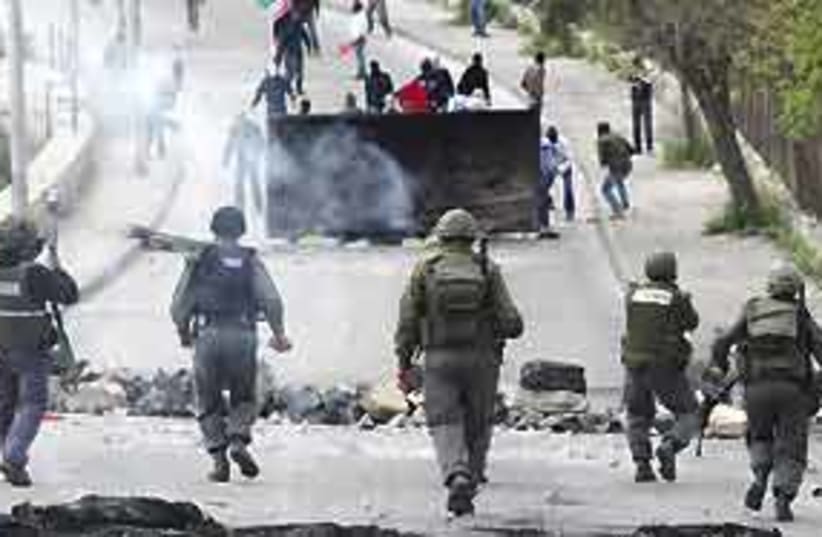The writer is a Kadima MK, a former head of the Shin Bet (Israel Security Agency) and a former public security minister.
What goes around in J'lem will come around to Ramallah
Abbas’s unwillingness to face threats at home in favor of waging an unnecessary religious battle may do nothing but undermine his gov't’s stability in the W. Bank.

The writer is a Kadima MK, a former head of the Shin Bet (Israel Security Agency) and a former public security minister.